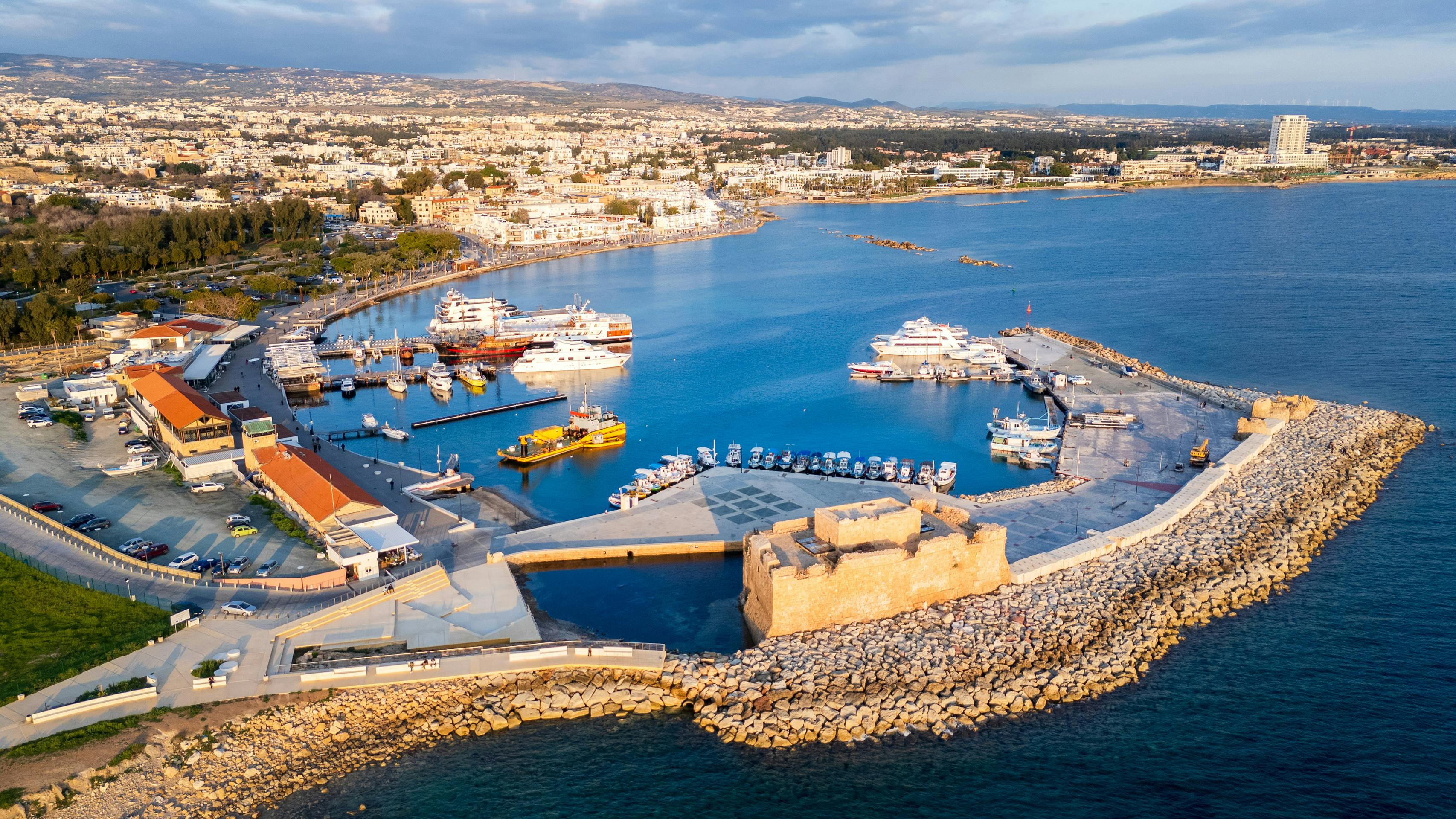Cyprus has become a ‘free-for-all’ as non-EU foreign nationals are snapping up real estate in quantities vastly disproportionate to their numbers, some MPs warned on Thursday.
Parliamentarians were discussing a recently released report by the auditor-general, which found that last year 27.4 per cent of properties were purchased by non-EU nationals.
However even that is likely an undercount, as the records don’t reflect transfers and sales to Cyprus-registered companies whose shareholders are foreign nationals.
Maria Pavlou, a senior official with the Audit Office, explained that such companies are not considered “foreign” so that the transactions are recorded as having Cypriot beneficiaries.
She also said that, under current legislation, no follow-up checks are done after the sale of a property.
On the ramifications, Pavlou said that first and foremost the buying frenzy drives prices up, making housing unaffordable to the average person.
The data were obtained from the land registry.
In 2020, transfers of immovable property to foreign nationals came to 873; going up to 1,070 in 2021; 1,471 in 2022; 2,458 in 2023; and 2,511 in 2024.
Last year, real estate sales to foreigners accounted for 27.4 per cent of all such transactions. And during the first seven months of 2025, foreign nationals made up 26 per cent of property purchases.
The district of Paphos takes the lead, where 24 per cent of property purchases are by non-EU nationals.
In Nicosia district, applications for acquiring property during 2024 broke down as follows, per nationality: 16 per cent Chinese; 16 per cent Lebanese; 14 per cent Russian; 10 per cent Israeli; 6 per cent Syrian; 5 per cent Egyptian; 4 per cent British; and 4 per cent Ukrainian.
An official with the Registrar of Companies, when asked for data on Cypriot companies with foreign shareholders, said he did not have the information at hand. The official promised to get back with the numbers.
The government, meanwhile, indicated that a change in the law – tightening up checks on property purchases – would take some time.
Asked when the government might table such a bill to parliament, finance ministry official Antonis Economides said it would not be possible this year.
But, he added, the “political will” exists to make changes to the law “so as to put in place guardrails and close the loopholes”.
Akel MP Irini Charalambidou later commented: “We will suffer worse than we did with the ‘golden passports’.”
Cyprus, she added, has become “a free-for-all, getting sold out to foreigners”.






Click here to change your cookie preferences